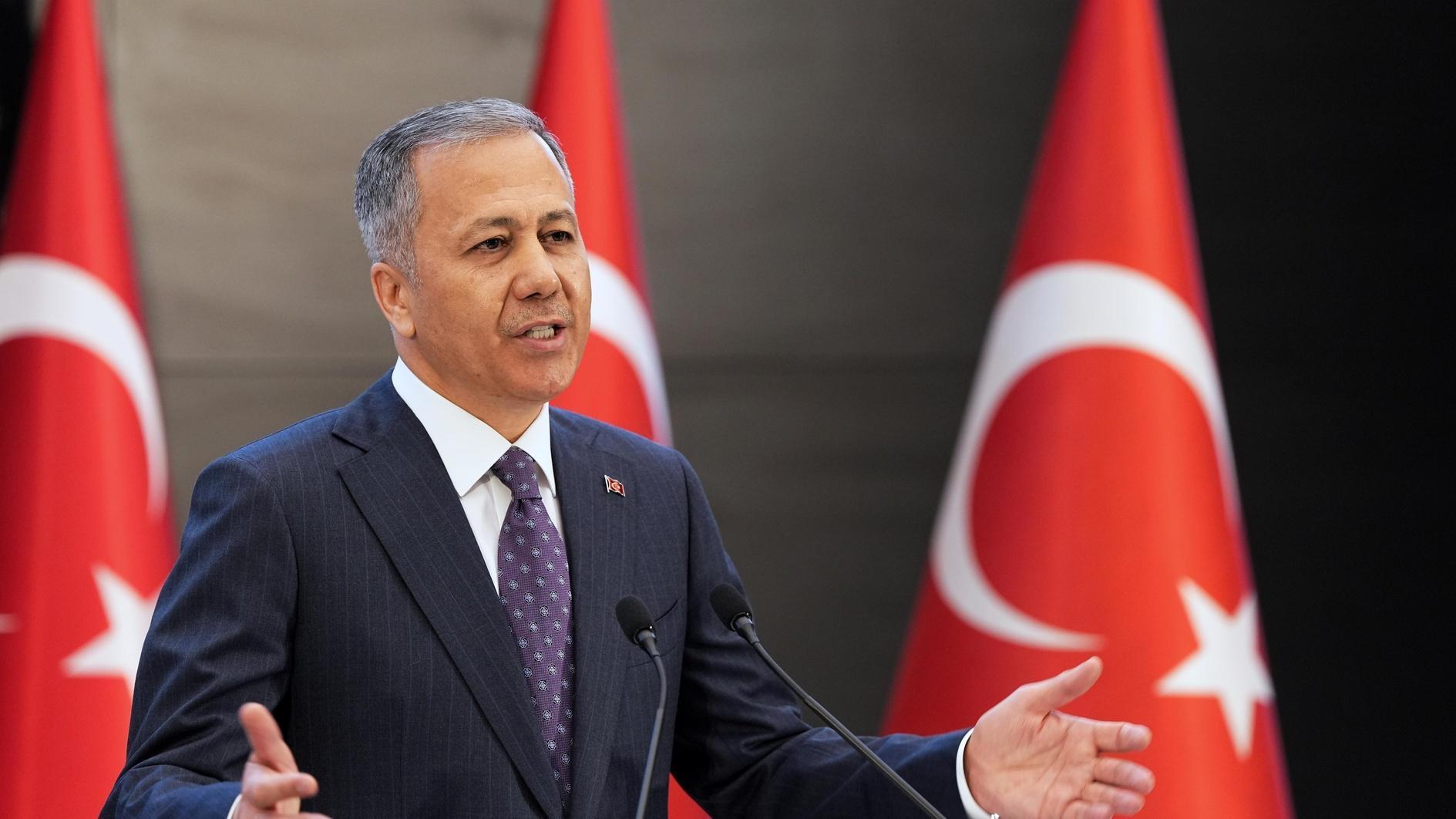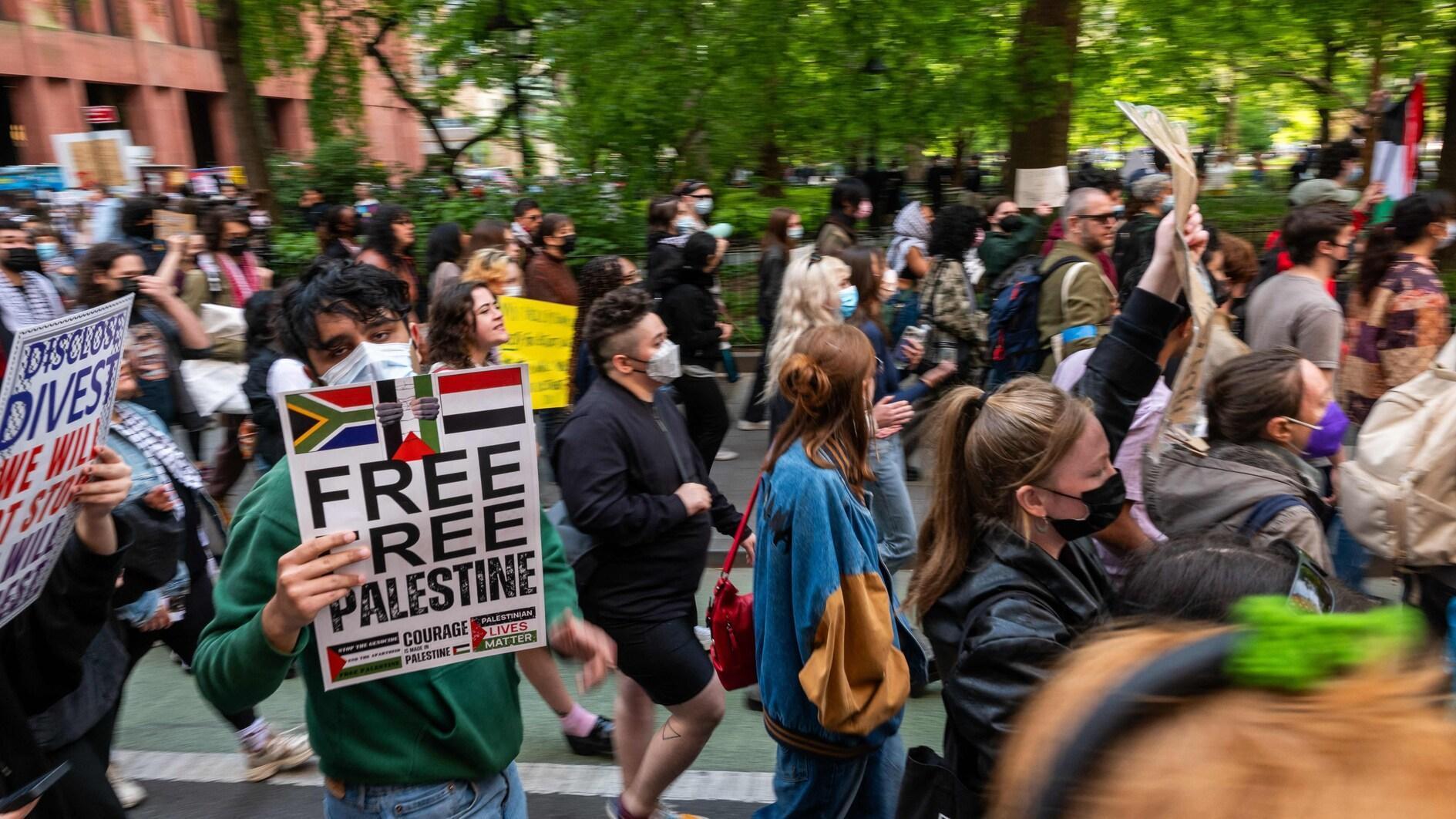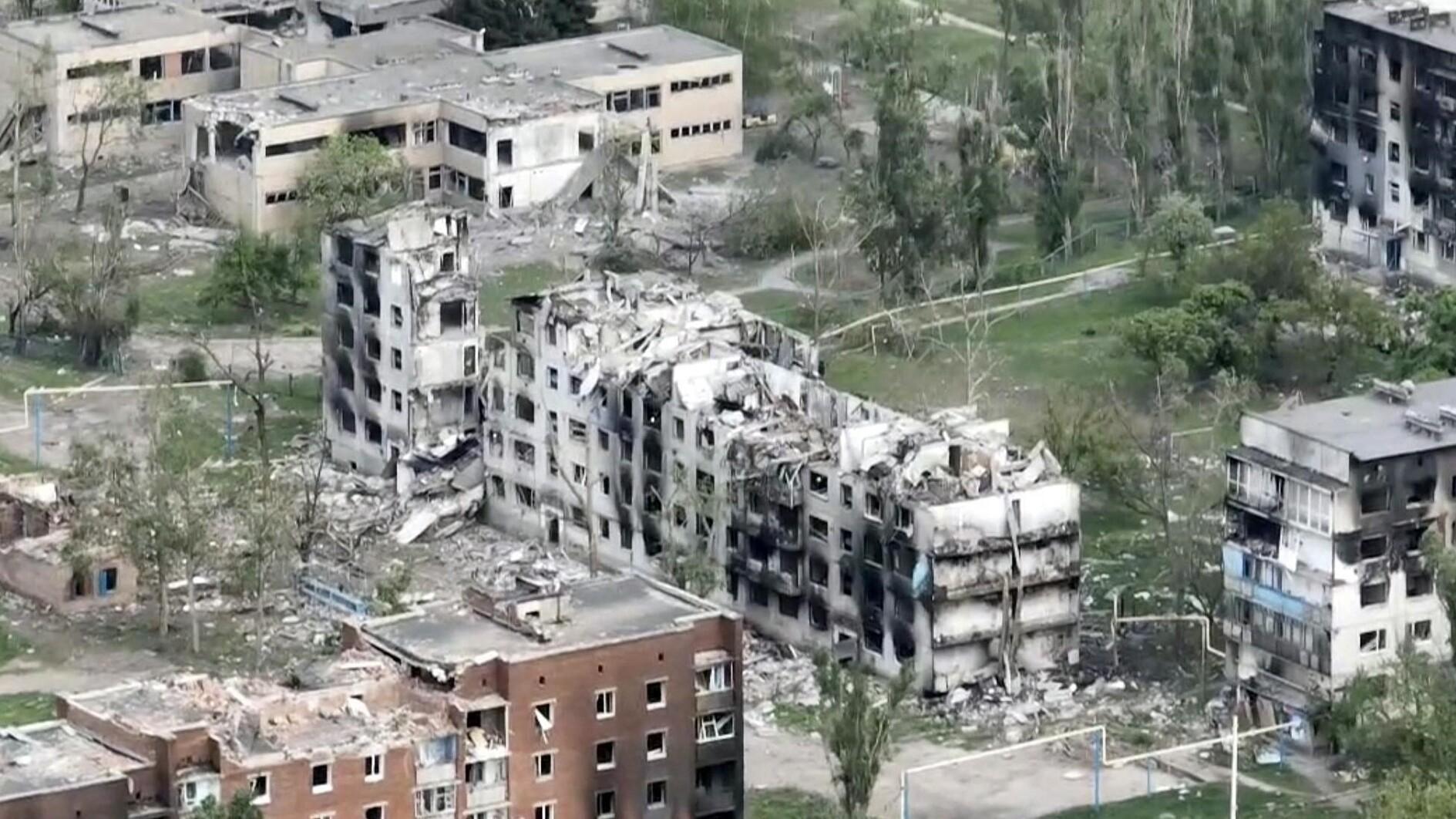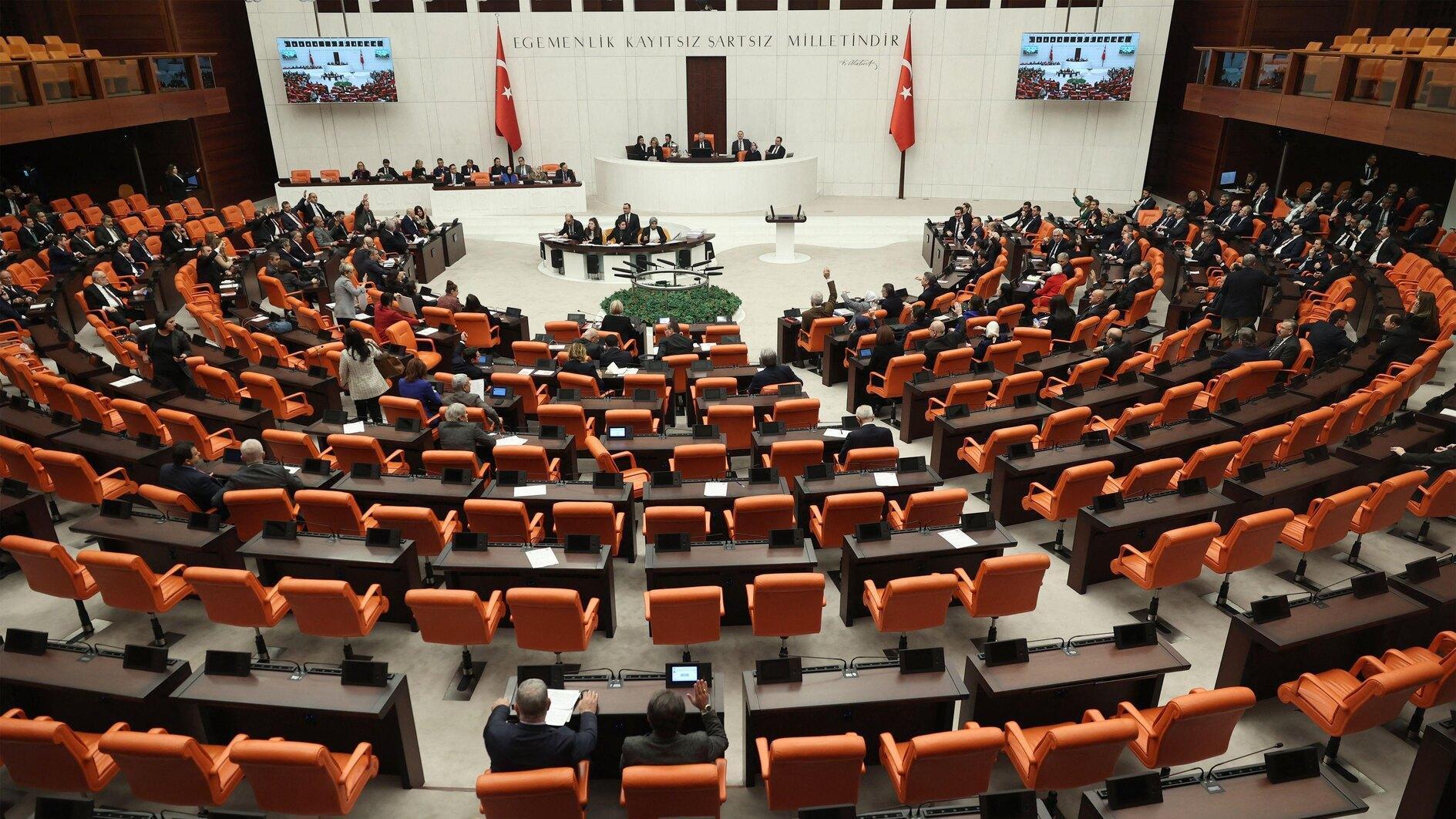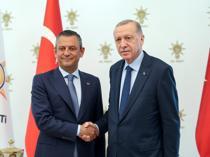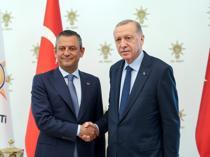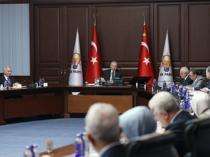EU points to charter to solve Turkey’s woes
BRUSSELS - Hürriyet Daily News
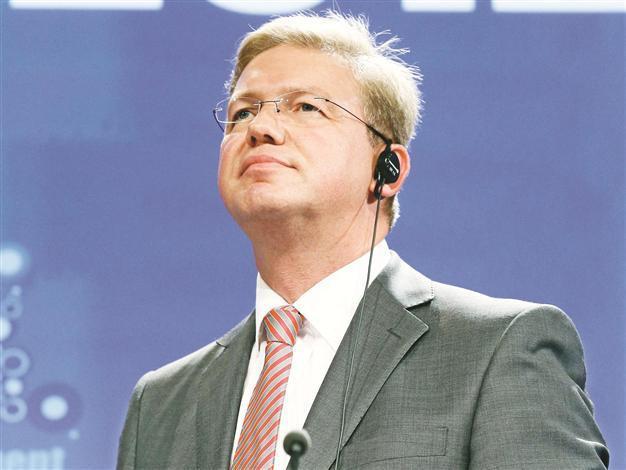
‘It is absolutely clear that Turkey needs more democracy,’ says Füle.
A senior European Commission official responsible for the enlargement has pointed out at Turkey’s work-in-progress constitution as an “Alexandrian solution” for the country’s Gordian Knot-like democratization and fundamental rights problems as the commission has adopted its new enlargement package.The commission’s new package prioritized the freedom of expression and rule of law as requirements for accession to the European Union.
“It is absolutely clear that Turkey needs more democracy,” Stefan Füle, the European commissioner for enlargement and European neighborhood policy told the Hürriyet Daily News yesterday as he unveiled the commission’s much-anticipated 2012 Enlargement Package. Not surprisingly, the package criticized Turkey and underlined the fact that the commission had “serious concerns” on the issue of fundamental rights, particularly freedom of expression.
Turkish EU Minister Egemen Bağış, however, told reporters that the EU report had been “a huge disappointment” for Turkey, while the Foreign Ministry also criticized the report, calling it “unbalanced.”
Hailing Turkey’s slow-moving efforts to create a new charter, Füle said the country’s new constitution “should be a charter for all and should address the needs and rights of all citizens.”
“While very much is still to come, I know the [Turkish] government, the justice minister [in particular] are working very hard on judicial reforms,” he told the Daily News.
Füle said the commission was really hoping Turkey’s new charter would address ambiguity over the definition of free speech and other fundamental rights in the country.
Bağış, however, could not hide his disappointment. “I have to admit that despite all our efforts, the section of political criteria in this year’s report is an especially huge disappointment for us. The EU’s broken mirror is far away from reflecting the truth. The EU’s report is only a reflection of efforts to delay Turkey’s EU membership since the EU is in an economical and political crisis,” Bağış said yesterday in Istanbul.
Bağış placed blame on Greek Cyprus’ EU presidency, calling the country “a so-called peninsula state that Turkey does not recognize.”
Bağış also said he had once likened the EU to a dietician whose health was getting worse day by day, but said he now saw that EU also was experiencing “mental problems” as well.
Füle referred to recent remarks from Turkish Prime Minister Recep Tayyip Erdoğan when asked if he thought Turkey’s government had lost its appetite for full membership in the EU thanks to interrupted negotiations and frozen ties.
“I have heard Prime Minister Erdoğan talking patiently several times about European perspectives and the relationship between the European Union and Turkey. That reassuring seems enough,” Füle said.
While praising the determination of Turkey in its efforts to obtain full membership, he also said Turkey and the EU held the key to unlocking their deadlock and had the power to put the country’s accession progress back on track.
Lack of substantial progress
Despite some positive remarks by the commissioner, the 2012 enlargement report had much more criticism for Turkey and emphasized “growing concerns regarding Turkey’s lack of substantial progress toward fully meeting the political criteria.”
“The situation regarding the respect of fundamental rights on the ground continues to be the source of serious preoccupation – despite recent improvements to various legal provisions in this area. It is important that Turkey addresses all issues regarding the independence, impartiality and efficiency of the judiciary,” the report said.
The report cited further restrictions of the freedom of the media in practice and the growing number of court cases against writers and journalists as lingering serious issues. “As a consequence, self-censorship is increasingly widespread,” the report said.
In addition, the report also said the Kurdish issue remained a key challenge for Turkey’s democracy and a political solution was urgently required. “Overall, Turkey still needs to devote significant further efforts to reach the highest standards of democracy and human rights. The ongoing work on a new constitution provides an important opportunity in this respect,” the report said.
The report reiterated the commission’s serious concerns regarding Turkey’s attitude toward Greek Cyprus and their now-frozen relations with the EU presidency. The commission called for Turkey to cease their threats and give their full respect to the role of the presidency of the council, which the report called a fundamental institutional feature of the EU provided for in the organizations’ treaty.
“Turkey needs to step up efforts to solve open bilateral issues, including border disputes with its neighbors. A substantial number of formal complaints about violations of territorial waters and airspace by Turkey were made by Greece and [Greek] Cyprus,” the report said.
On the issue of rising attacks by the outlawed Kurdistan Workers’ Party (PKK), the report said the attacks were strongly and repeatedly condemned by the EU and added: “The EU and Turkey maintain an active counter-terrorism dialogue, and the fight against terrorism is an important aspect of the positive agenda for Turkey.”
The report hailed Turkey for its growing economy and its regional efforts amid the ongoing instability and security issues, calling the country a potential energy hub. “The commission will continue work to implement the positive agenda [with Turkey] to lend new dynamism to the accession process and enable a more constructive relationship,” the report said.


